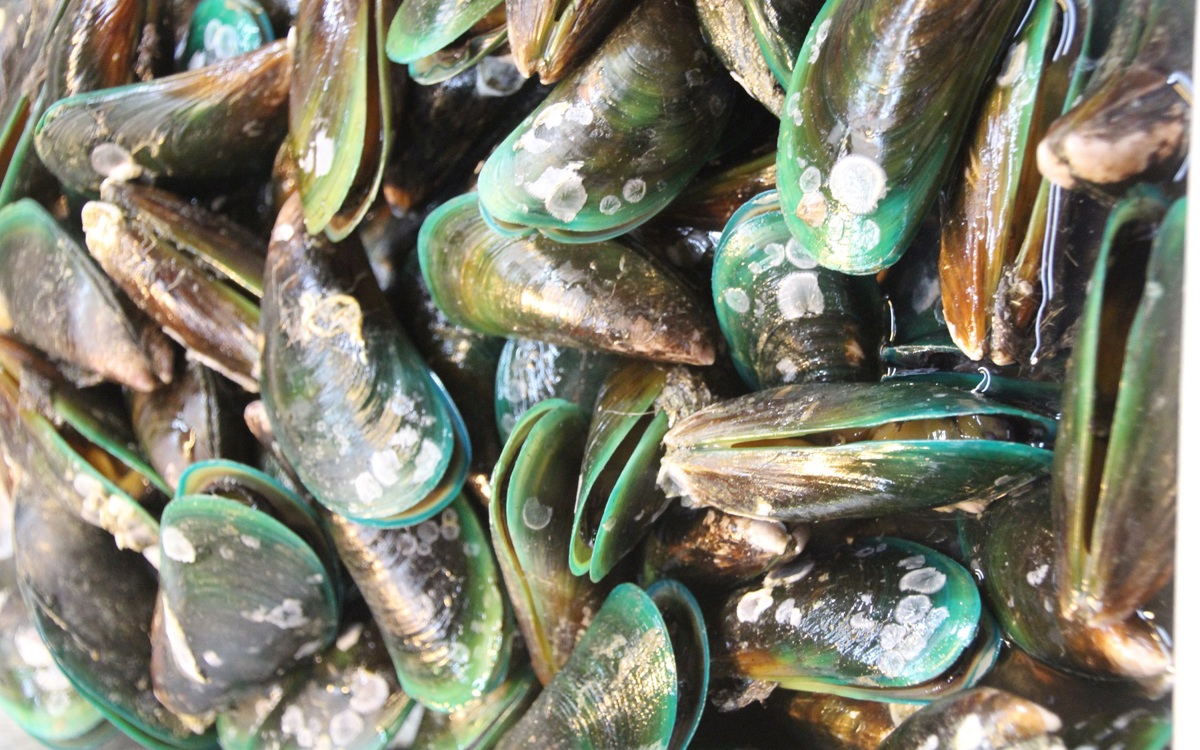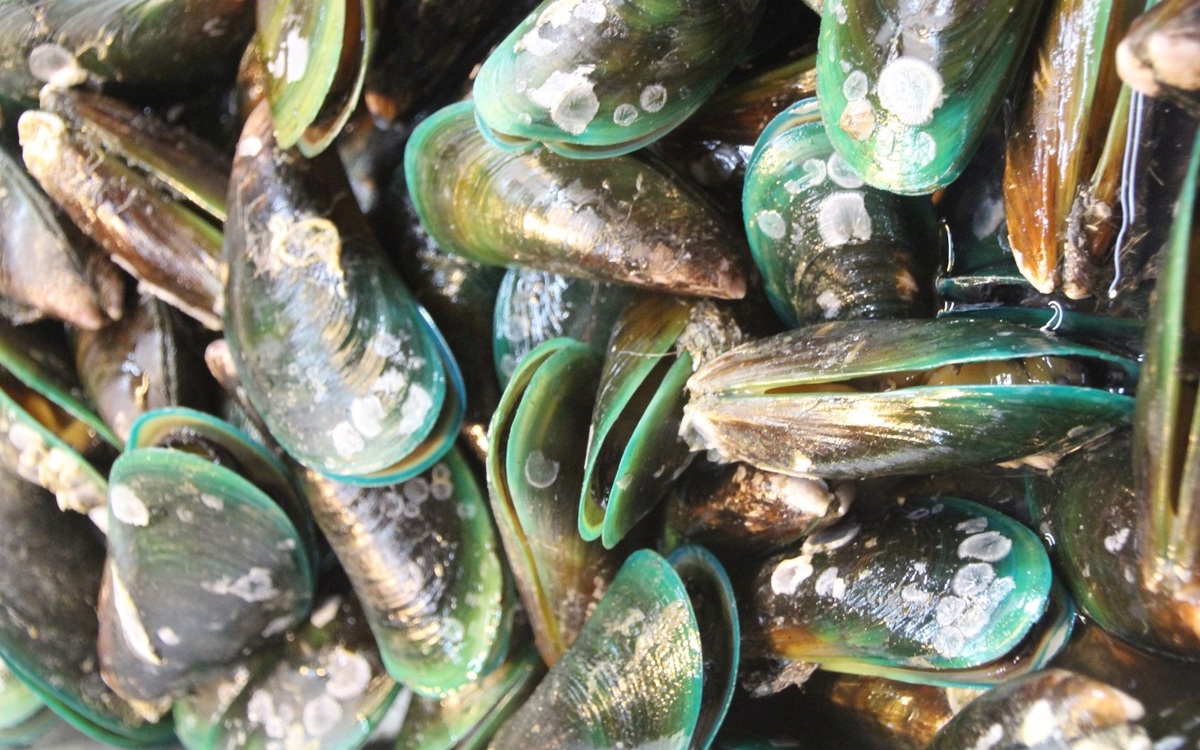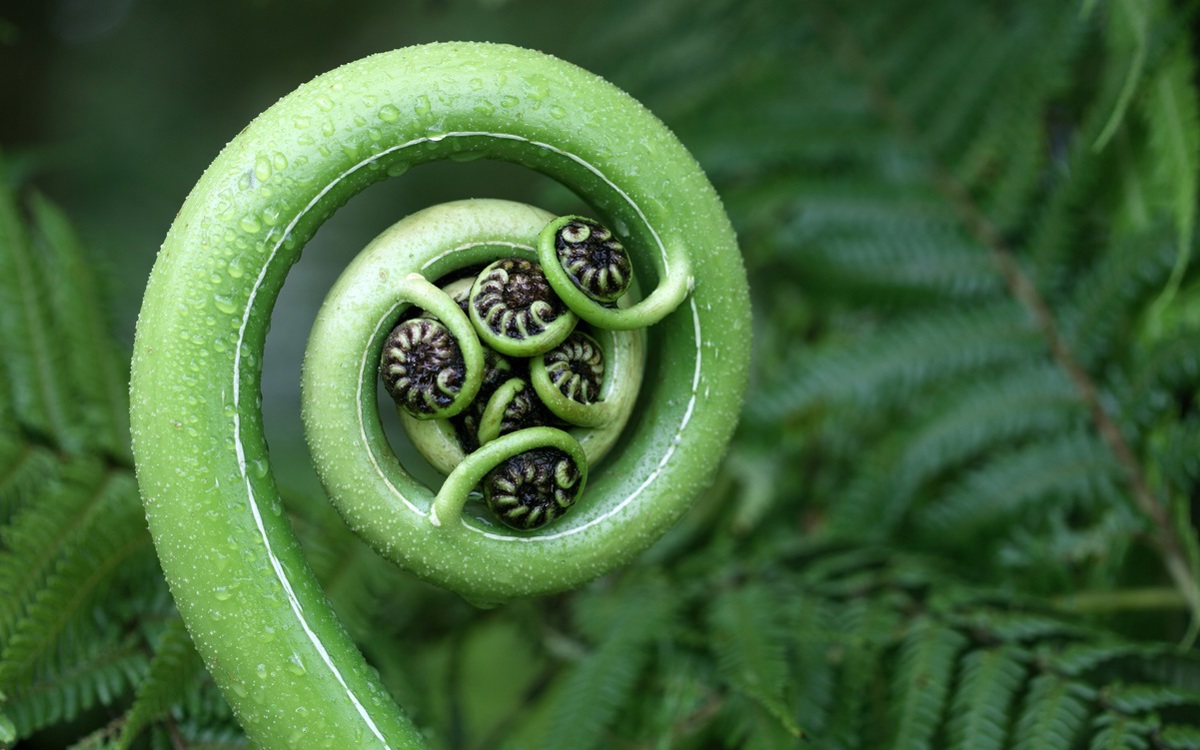As researchers in New Zealand explore the link between nutrition and mental health, could a Māori philosophy of wellbeing hold some clues? By Taryn Hale and Julia Rucklidge, University of Canterbury, New Zealand

As researchers in New Zealand explore the link between nutrition and mental health, could a Māori philosophy of wellbeing hold some clues?
By Taryn Hale and Julia Rucklidge, University of Canterbury, New Zealand
In an unequal world, social and economic circumstances have a huge impact on our health, with particular groups experiencing unfair and avoidable disadvantages in both their health and their access to care. In Aotearoa New Zealand, we see the impact of colonisation on the health and wellbeing of our indigenous people, Māori, all too often. What brings us hope are the efforts we see around us to bring the Māori worldview to the fore and to improve how our health service responds to the needs of Māori communities, bringing with it a holistic model of healthcare that can benefit everyone.
Back in the 1980s, the resilience and strength of Māori led to a renaissance of Māori culture in Aotearoa New Zealand. After decades without recognition, movements to protect and strengthen te reo Māori (the Māori language) and mana (the prestige of its people) finally became noticeable in the public domain and in legislation. One such approach saw Māori health leader, Dr Mason Durie, go to marae – Māori meeting houses – around the country to discuss how mainstream healthcare was failing to meet the needs of Māori communities. Through this process, he developed a Māori model of holistic wellbeing called te whare tapa whā.
A house of four parts
Te whare tapa whā conceptualises wellbeing as having four taha or dimensions that support the wellness of the whole person. It uses the metaphor of a house with four parts or sides, each of which is needed to make a building strong. Te taha tinana or physical wellbeing is the aspect most often considered in western models of medicine, while te taha hinengaro refers to mental processes such as thoughts and feelings. Te taha whanau is the social or family wellbeing dimension, and te taha wairua is the dimension of spiritual connection, including ties to identity, ancestry, and the natural environment.
The model proposes that to obtain wellness – including mental wellbeing – we must consider the interplay of all four taha, with none working in isolation. In other words, our mental health cannot be separated from the physical, social, and spiritual aspects of our lives.
Body and mind
The research focus in our lab, Te Puna Toiora, is on nutrition and mental health. This incorporates two of the four taha of wellbeing, highlighting the link between feeding our bodies and feeding our minds.
What we eat provides us with vitamins and minerals, or micronutrients. These micronutrients are essential factors in neurotransmission – the process of sending signals around our brain to give us our thoughts, feelings, and physical responses. The brain uses up a massive percentage of the energy and nutrients we consume each day, so it’s important that we eat sufficiently to give our brain what it needs to achieve optimal functioning and mental health. Vitamin B6, for example, is an important factor in making gamma-aminobutyric acid, serotonin and dopamine, all of which play vital roles in our response to stress and other aspects of mental wellbeing.
Of course, the idea that what we eat affects our mental health is not a new one – our great grandparents probably wouldn’t be surprised by this finding. And it’s a concept that fits particularly well with the Māori model of holistic wellbeing.
Kai: beyond nutrition
Traditional Māori food – known as kai – includes vegetables, fish and shellfish, meat, and miro berries, although many meats available today arrived with European settlers, along with bread. In Māori culture, kai is gathered from the ocean, rivers, and bush.

The kumara, or sweet potato, is a well-known Māori cultivated vegetable that is high in beta-carotene (which the body converts into vitamin A) and great for youthful skin, organ regeneration, and night vision. It’s also a known antioxidant. Often described as ‘anti-aging’, antioxidants can help prevent our brains deteriorating over time or in older age. Kumara also boasts a decent amount of vitamin C – another antioxidant required in the absorption of iron and to support the body in stress – as well as B vitamins, which we know can help us to manage stress.
But kai is about far more than vitamins. It is a central element of the Māori worldview. Kai is considered to come from the gods and there are many spiritual components to the process of gathering and preparing it. Kai is used to lift tapu (sacredness) in many rituals, and manaakitanga (hospitality) is demonstrated by providing lavish kai. Traditionally, preparation for a family gathering often required many people to work together to gather and cook kai in an underground oven known as a hāngī.
The process of growing, gathering, preparing, and sharing kai builds our family taha and brings pride and joy, strengthening the social connections that are so important for good mental wellbeing. This highlights the reciprocal relationship between what we eat, who we spend time with, and mental health: when we are mentally unwell we tend to isolate and eat poorly, while having strong social connections influences what we eat and how we feel.
Connection to the land
The cultural practices involved in gathering, preparing, and eating kai are also a way of passing on cultural knowledge, which in turn builds important spiritual connections to the land. Māori elders report that being able to gather traditional kai themselves, or have family bring them these foods, increases their sense of wellbeing. Access to traditional gathering sites is therefore immensely important and the loss of these – through colonisation and migration away from tribal lands – contributed to a massive decline in wellbeing across Māori communities.
Today, the New Zealand government is working with tribal partners to protect and maintain access to traditional kai gathering sites. The restitution of land and resources that were stolen from Māori is part of the compensation many seek for the injustices of colonisation.

The significance of kai can be seen in some surprising places, too: in a local prison, women are gaining knowledge and taking pride in cultivating and preparing kai on prison grounds. People in prison often experience the ongoing impact of past trauma and poor mental health, and we know that even the most basic prison diet may provide the most nutritionally sound period in their lives for some time. By enhancing this diet with whole foods and a high micronutrient intake – along with the benefits of social interaction and a sense of connection to the land – people in prison may be better able to build their resilience to past trauma and improve their mental health.
So, kai not only provides us with physical and mental nourishment, it also plays a role in our connections to family, culture, and the natural environment – connections that in turn impact our wellbeing.
Nutritional knowledge
For Māori and non-Māori alike, it can be hard to eat well. We can be financially, socially and geographically restricted in what food is available to us. We may eat calorie-dense, nutritionally-poor foods for pleasure or comfort. We can lack knowledge of how to eat well and, even when we do, we may find that changes in farming practices have depleted plants and soil of their essential nutrients.
Our nutritional needs often vary, too. Some people have a greater need for nutrients because of genetic or metabolic differences, or due to growth, illness, or stress.
At the University of Canterbury, the aim of our research group is to find nutritional interventions that are effective in improving mental wellbeing. Supplementation with a broad spectrum of nutrients can be a useful way to ensure we get the nutrients we need, but can it improve our mental health? So far, we have found that responses to micronutrients can vary from small but noticeable changes to substantial and life-changing improvements. Based on short-term trials, about 50% of participants showed a meaningful and clinically important change.
We have found that nutritional interventions can improve emotional wellbeing and concentration for people with attention deficit hyperactivity disorder (ADHD), reduce the impact of premenstrual syndrome for women, and increase resilience to trauma in the wake of disasters. We are currently looking at using micronutrient supplements to improve experiences of anxiety and depression in adults and pregnant women.
Through this work, we aspire to reduce the burden of mental health in our communities. And as our research accumulates and strengthens, we continue to build connections with the communities we seek to help, to share knowledge of nutrition and find ways to work together: nā tō rourou, nā taku rourou, ka ora ai te iwi – with your food basket (your contribution) and my food basket (my contribution), the people will be healthy.
Taryn Hale (Ngāti Koata, Ngāti Pākehā) is a Master’s student at the University of Canterbury, Aotearoa New Zealand.
Professor Julia Rucklidge is Director of Te Puna Toiora, the Mental Health and Nutrition Research Group and Professor of Clinical Psychology at the University of Canterbury, Aotearoa New Zealand.
Images (from top): green-lipped mussels by Colin13362; Mamaku koru (the young frond of a tree fern) by Alkalyne – both at iStock
The Commonwealth Peace and Reconciliation Network is a global forum for universities to share knowledge and experience around higher education’s contribution to truth-telling, justice, and reconciliation.

